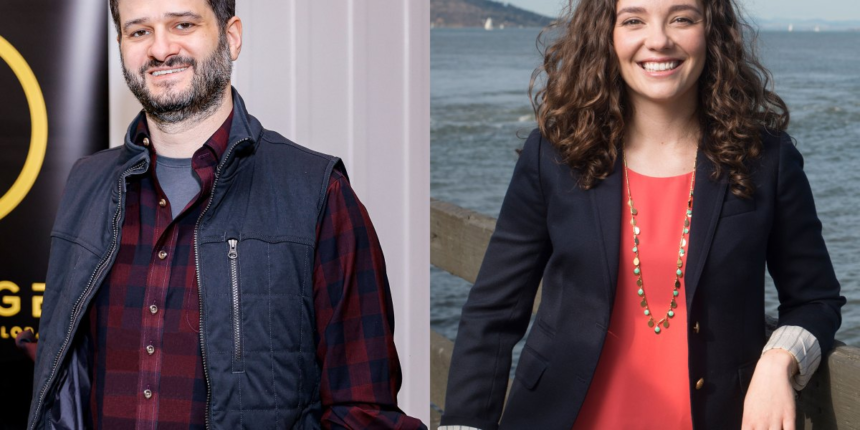Tuna, 40, met Moskovitz, 41, in 2009, surviving on an entry-level journalist salary at The Wall Street Journal, where she covered enterprise tech and California’s economy. Moskovitz had a philanthropic mindset early on, and Tuna turned that vision into action.
After founding and chairing Good Ventures in 2011, Tuna guides the couple’s giving with Open Philanthropy, a funder and advisor that grew out of a partnership between GiveWell and Good Ventures and became independent in 2017.
Long before COVID-19 or ChatGPT’s takeover, Tuna was funding pandemic prevention and AI safety research. Their largest grants include at least $300 million to the Malaria Consortium, $200 million to Evidence Action, and $100 million to Helen Keller International, all chosen for measurable impact on public health.
Most of their giving is grounded by effective altruistic ideas: using data and evidence to figure out how to help the most people for every dollar spent.
Today, their giving efforts focus on funding toward global health, AI safety, pandemic preparedness, and other high-impact causes.
They’ve also funded AI safety initiatives, giving $1 million to the Future of Life Institute, $30 million to OpenAI’s nonprofit arm in 2017, and moving a $500 million stake in Anthropic into a nonprofit vehicle to reinvest its returns.
More recently, they partnered with other billionaire philanthropists. Last fall, they helped launch the $100 million Lead Exposure Action Fund, backed by the Gates Foundation and Lucy Southworth.









